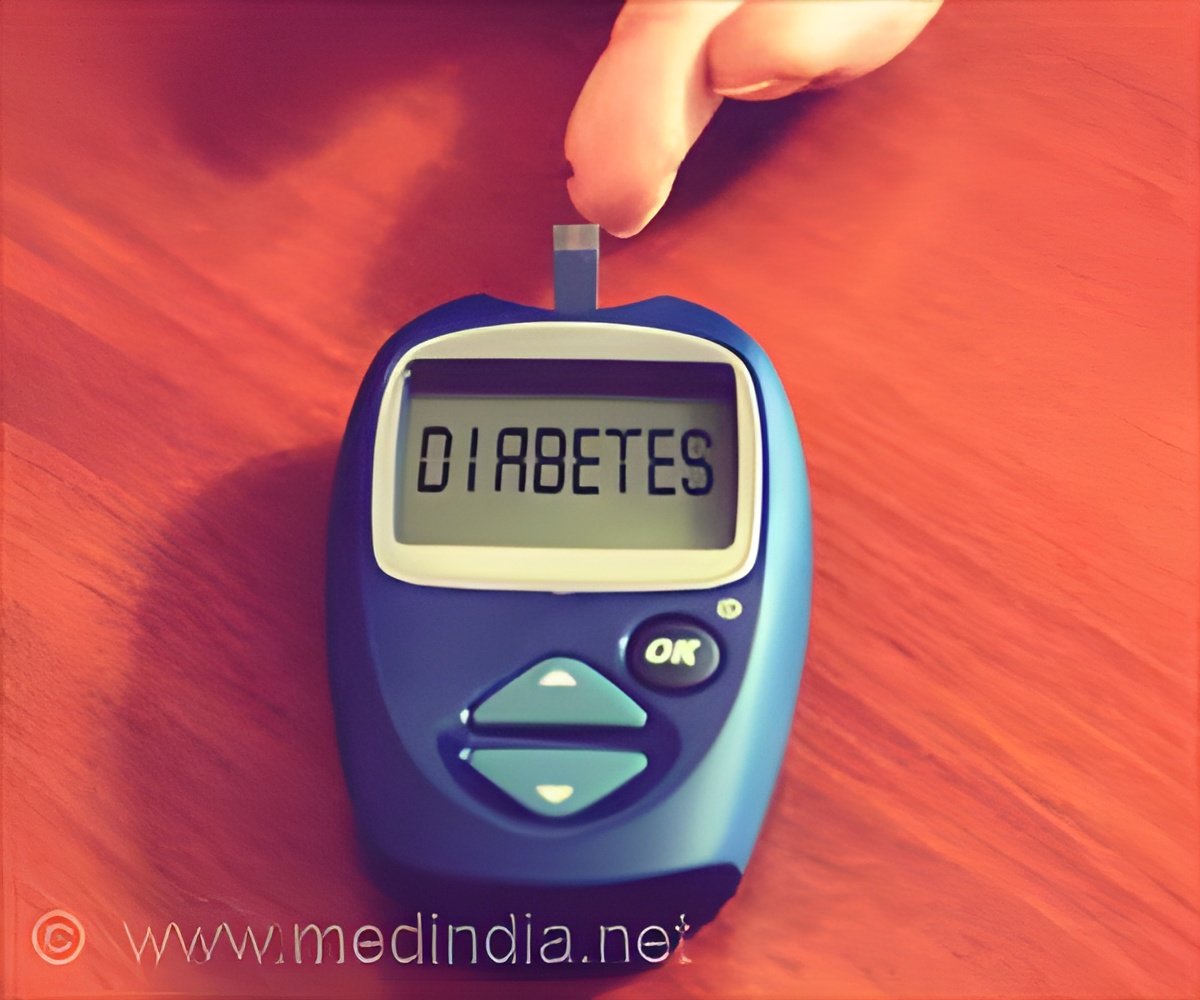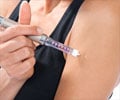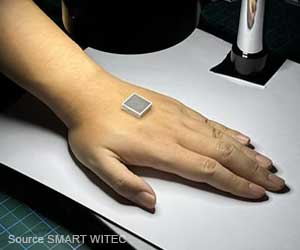In combination with conventional statistical methods, artificial intelligence (AI) has now been used in a study of risk factors in type 1 diabetes.
Artificial Intelligence (AI) has been employed to study the risk factors in type 1 diabetes, in combination with conventional statistical methods. The objective of the study was to identify the most significant indicators of elevated risk for cardiovascular disease and death.//
"What's unique about this study is that we've included machine learning analyses -- that is, algorithms for AI -- to assess strength of association for cardiovascular risk factors", says Aidin Rawshani, PhD, of Sahlgrenska Academy, University of Gothenburg. Dr Rawshani is the corresponding author of a new article in the journal
Circulation.
TOP INSIGHT
Elevated blood sugar is believed to contribute to the development of other cardiovascular risk factors.
The study is based on register data concerning 32,611 people with type 1 diabetes for whom the mean duration of the disease had been 18 years. Follow-up time averaged just over 10 years. Alongside traditional statistical analysis, AI was used: Autonomous learning enabled the computer software to improve its ability to predict death and cardiovascular events.
When the relative contribution of 17 risk factors was studied, five emerged as the strongest predictors: high long-term blood sugar (glycated hemoglobin) levels, kidney dysfunction, duration of type 1 diabetes, high systolic blood pressure (the first, higher figure of the two measured) and an excess of what is popularly known as "bad cholesterol" (low-density lipoprotein, LDL).
Long-term high blood sugar a crucial factor
For three variables -- blood sugar, systolic blood pressure and LDL -- levels below those currently recommended in national guidelines proved to be associated with lower risks of cardiovascular disease and death.
Another finding in the study was the association between albuminuria (elevated levels of protein in the urine) and two- to fourfold risk elevation for the outcomes studied. Along with long-term high blood sugar, albuminuria was the factor that most clearly predicted these outcomes.
According to machine learning models, high blood sugar is believed to contribute to the development of the other cardiovascular risk factors. In addition, the researchers found a clear interaction effect between risk factors that cannot be influenced (age and duration of diabetes) and those that can (long-term high blood sugar, systolic blood pressure, LDL cholesterol and albuminuria).
Focus on factors subject to influence
The research group behind the study has previously shown that individuals with type 1 diabetes who succeed in keeping more than one risk factor under control are at lower risk of myocardial infarction and stroke, but that their risk of death and heart failure is still elevated.
The present study shows that the key predictors of cardiovascular disease and death in the patient group are mainly conventional risk factors that, except for age and duration of diabetes, can be influenced.
"An increased clinical focus on these risk factors should result in the largest relative risk reduction for death and cardiovascular disease," says Aidin Rawshani.
Source-Eurekalert

 MEDINDIA
MEDINDIA




 Email
Email









